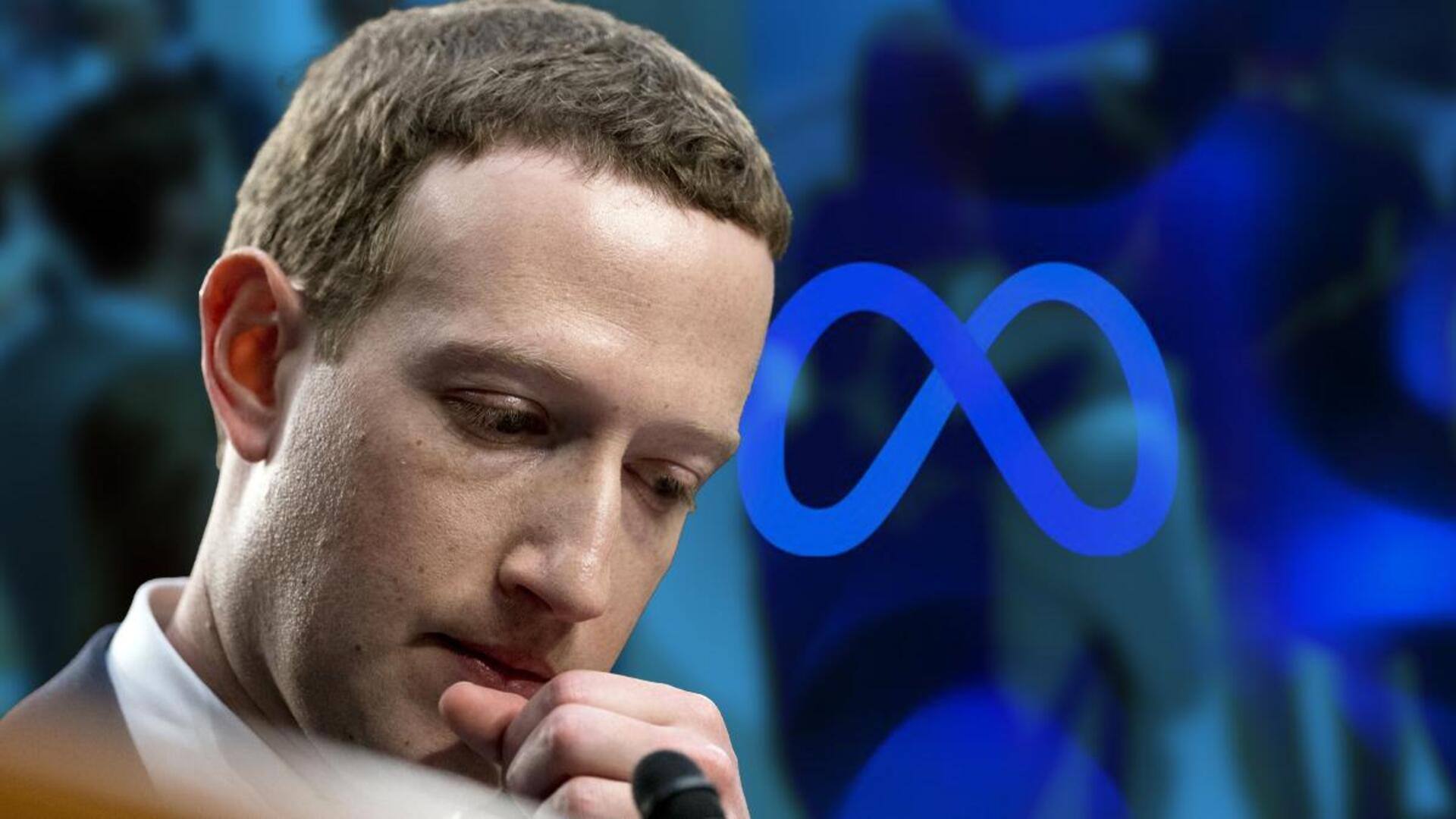
Facebook's secretive 'Project Ghostbusters' exposed: Here's everything we know
What's the story
In 2016, Facebook embarked on a secretive mission dubbed "Project Ghostbusters." The project's objective was to intercept and decode network traffic between Snapchat's app and its servers. As recent court documents reveal, the initiative was designed to understand user behavior and gain a competitive advantage over Snapchat. The project's name, "Project Ghostbusters," was inspired by Snapchat's ghost-like logo.
The strategy
Meta's tactics to outdo rivals unearthed
The court documents have unveiled Meta's strategy to outperform rivals like Snapchat, Amazon, and YouTube. This strategy involved analyzing user interactions on these platforms. To bypass the encryption used by these apps, Facebook had to develop specialized technology. As part of its In-App Action Panel (IAPP) program, Project Ghostbusters initially focused on "intercepting and decrypting" encrypted app traffic from Snapchat users before expanding to YouTube and Amazon users.
Founder's message
Zuckerberg's email highlights need for reliable analytics
In a 2016 email, Meta CEO Mark Zuckerberg emphasized the importance of reliable analytics about Snapchat due to its rapid growth. He stated, "Whenever someone asks a question about Snapchat, the answer is usually that because their traffic is encrypted we have no analytics about them. Given how quickly they're growing, it seems important to figure out a new way to get reliable analytics about them." This email underscores the motivation behind Project Ghostbusters.
VPN used
Onavo's role in decoding encrypted traffic
Facebook engineers proposed using Onavo, a service similar to VPN acquired by Facebook in 2013, to intercept specific subdomains' traffic. A month after Zuckerberg's email, the Onavo team suggested kits that could be installed on iOS and Android devices for this purpose. However, it should be noted that Onavo was discontinued in 2019 after it was revealed that Facebook had been secretly paying teenagers to use the service to access their web activity.
Disputes
Internal disagreement over Project Ghostbusters
Project Ghostbusters was not universally accepted within Facebook. Pedro Canahuati, the then-head of security engineering at Facebook, voiced his concerns about the project. He stated, "I can't think of a good argument for why this is okay. No security person is ever comfortable with this, no matter what consent we get from the general public. The general public just doesn't know how this stuff works."
Legal course
Class action lawsuit against Facebook
In 2020, Sarah Grabert and Maximilian Klein filed a class action lawsuit against Facebook. They claimed that the company misrepresented its data collection activities and used the data it "deceptively extracted" from users to identify competitors and then unfairly compete against these emerging companies. In response to these allegations, Meta has denied any wrongdoing, stating that "the plaintiffs' claims are baseless and completely irrelevant to the case."